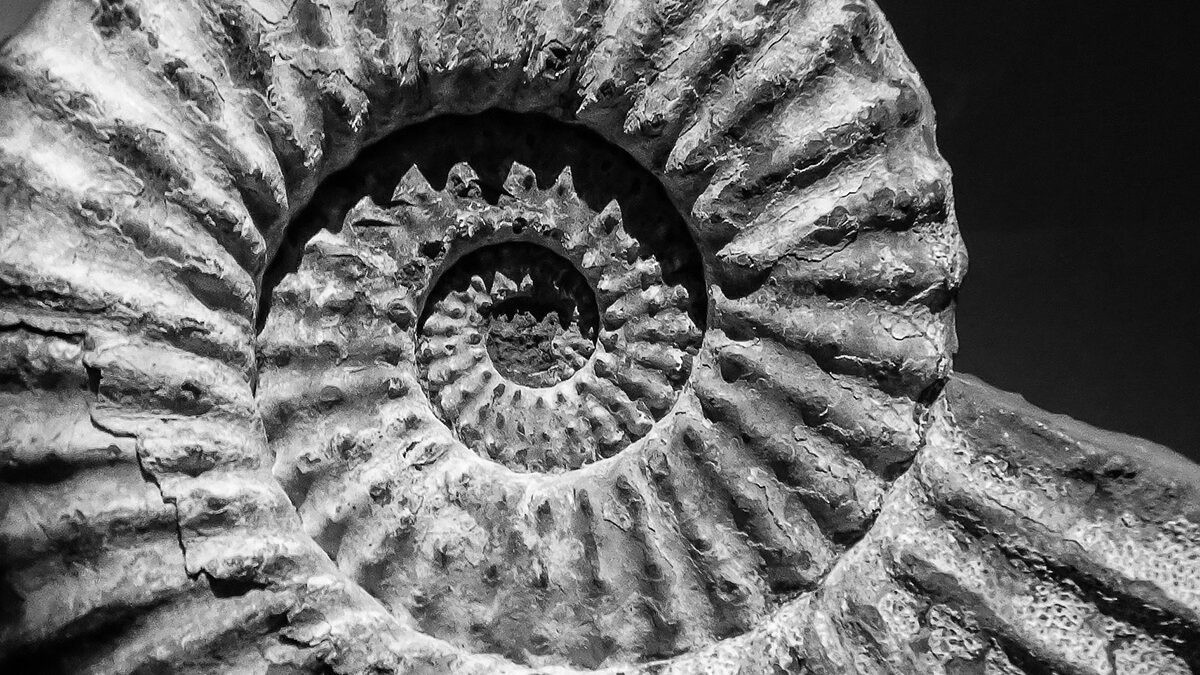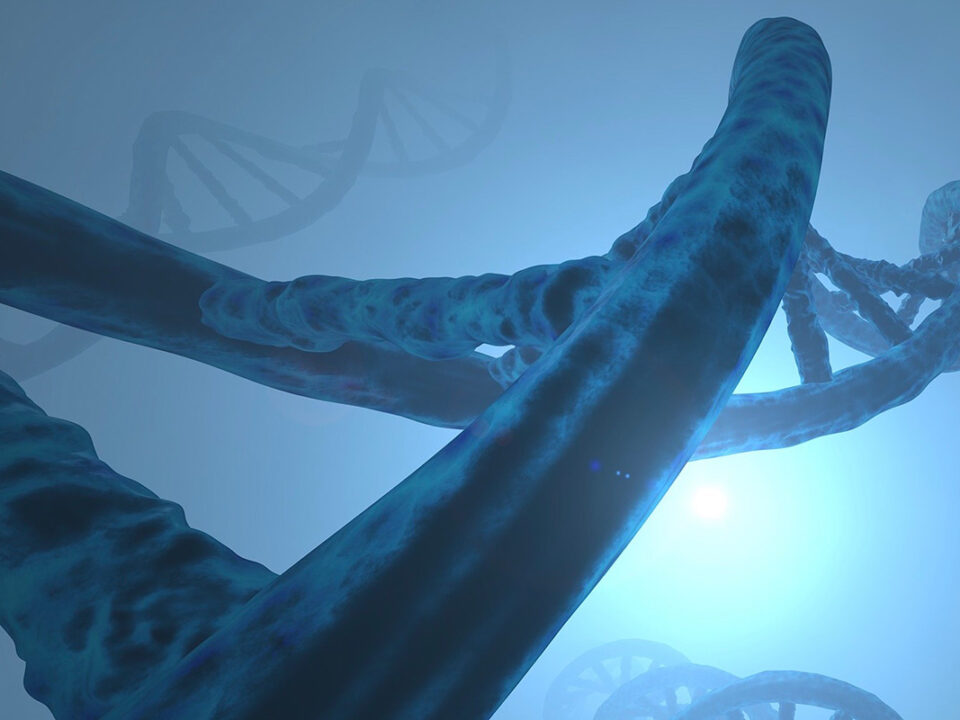Perhaps the most fundamental distinction between naturalism and intelligent design is where each metaphysical framework draws the line at irreducibility. Leading intelligent design theorists Michael Behe, William Dembski, and Stephen Meyer, for example, have asserted that the specified complexity of living systems cannot be reduced to natural law. Scientific atheists, aka naturalists, deny this, insisting that what is truly irreducible is natural law itself. That is, scientific atheism is based on the belief that all of reality ultimately reduces to matter and energy, and the natural law that governs the interactions between them.
Naturalism, aka materialism, aka scientism, rests irrevocably on that discrete metaphysical position. Without it, the edifice of scientism or naturalism must collapse. In writing at Evolution News on the science of purpose, my goal has been to deconstruct that foundational assertion. The next step in that undertaking is to demonstrate the reducibility of natural law itself.
What Is Natural Law?
Properly understanding natural law is crucial, and some explanations one hears are misleading. That is because the very definition of natural law was fundamentally altered about two centuries ago. That redefinition was the fateful point of departure from the millennial belief in intelligent design to the postmodern belief of scientific atheism. The origin of the traditional concept of natural law began with Pythagoras and Plato, who believed in a transcendent and immaterial cognitive intellect governing the behavior of the universe. This concept was adopted by the founders of Western science, e.g., Newton, Galileo, and Copernicus. For them the laws of nature were eternal, immutable, and irreducible because they came from the mind of God.
Read the Full Article on Evolution News




